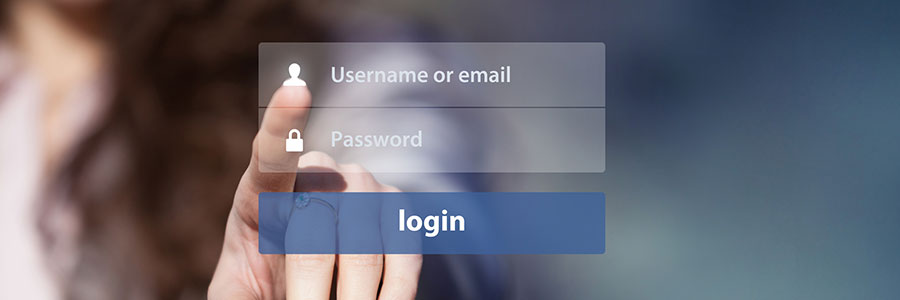To keep cyberthreats at bay, you need proactive cybersecurity solutions in your arsenal. They identify and contain threats before they wreak havoc on your systems and cause significant productivity and financial losses. Here’s all you need to know about proactive cybersecurity and how to implement it.
Your Computer Guy, Inc.
Providing Just The Right Amount of IT®
Royal Palm Beach, FL 33411
United States
Helpful tips for keeping your email safe
Your password may not be secure — update it now
Shopping for antivirus software? Consider the following points
How to strengthen your BYOD security

Many businesses are adopting bring your own device (BYOD) policies as more employees work from home. The problem is, if you’re not careful, BYOD can expose your company to major cybersecurity risks, including the following.
Loss or theft of devices – Employees often bring their personal devices wherever they go.
How to protect corporate data

Time and again, we have seen hackers infiltrate even the most secure systems of multinational corporations. As a business owner, you can’t afford a data breach, as it could cost you your clients and reputation. This is why it's crucial to implement strict security measures that can make cybercriminals think twice about trying to break into your network.
Don’t be a victim of watering hole attacks

With cybercriminals continuously developing new ways to infiltrate networks and steal user data, it is more crucial than ever to stay one step ahead of these perpetrators. Protect yourself from one of the most common methods that cybercriminals use to inject malware into computers: watering hole attacks.
These 5 types of hackers are a threat to SMBs

Malicious hackers are motivated by different things. Some do it for fun, some want money, and others just want to end your business. Getting to know how they behave and what drives them informs how you must defend your organization against them.
Script kiddies
In terms of skill, script kiddies (or skids, for short) are at the bottom of the hacker totem pole.
Basic cybersecurity terms everyone should know
Safeguard your social media accounts from hackers

Social media phishing attacks are on the rise, with Facebook being one of the most commonly impersonated brands. Hackers are now employing more sophisticated tactics to steal personal data from social media users. To keep your data safe from them, heed our reminders and tips to strengthen your privacy settings and keep bad actors away.





